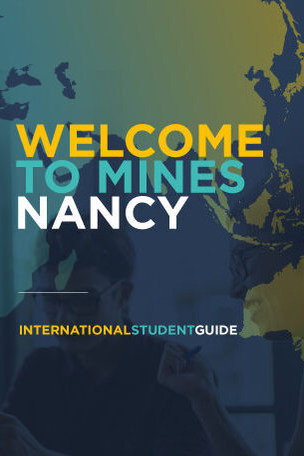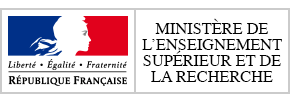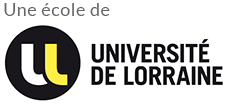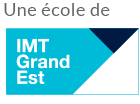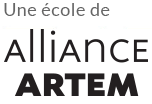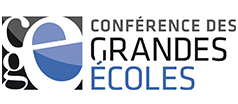Applying for accommodation
CROUS Hall of residence
Most of our international students decide to stay in a CROUS hall of residence. This is the cheapest accommodation for students and it is usually close to the school.
Graduating students: you will need to apply by April, directly on the “CROUS Lorraine” website.
Exchange students: you have received (or soon will) an accommodation form from the International Office. Fill it in and send it back to us by email: mines-nancy-dai@univ-lorraine.fr
CROUS grants for foreign students: Depending on their backgrounds, some international students can benefit from partial CROUS housing grants. More information at
https://trouverunlogement.lescrous.fr/ to find the most appropriate accommodation according to where you study.
Online guides are also available in English to help students through the procedures involved in moving to France. Please visit
en.selectra.info to find out everything you need to do to move to and live in France.
Here is a list of the halls of residence closest to the new campus:
- PLACIEUX (about 1 km – 15 minutes’ walk)
39 Boulevard Maréchal Lyautey // 54600 Villers-lès-Nancy
- NOTRE-DAME DE LOURDES
19 Rue Notre-Dame de Lourdes // 54000 Nancy
- CHARMOIS (about 750 metres – 10 minutes’ walk)
Avenue du Charmois // 54500 Vandoeuvre-lès-Nancy
- VELODROME (about 1 km – 15 minutes’ walk and 2-3 minutes by tram)
4-6-8 Rue Jacques Callot // 54500 Vandoeuvre-lès-Nancy
- MONPLAISIR (a few minutes’ walk + 2-3 minutes by tram)
Rue Jacques Callot // 54500 Vandoeuvre-lès-Nancy
If you do not want to stay in a CROUS hall of residence, there are many other possibilities (the Students’ House*, private flat…), but they are more expensive and you will have to ask for a guarantee in France.
STUDENTS’ HOUSE
Our Students’ House or “Maison des Elèves” is located 11/13, Rue du Président Schuman in Nancy. This Students’ House is managed by a private agency: Benedic Immobilier.
In any case, paying a deposit and applying for housing insurance is compulsory.
HOUSING BENEFIT
Every student living in France can apply to the Caisse d’Allocations Familiales (CAF) for housing benefit.
However, eligibility for this financial support depends on certain criteria, such as the applicant’s rent and resources.
You can apply for housing benefit at the CAF website.
You just need to fill in the online form, print it out and send/hand it to the CAF with the required documents. Important: the flat/room must be rented under the applicant’s name.
For more information, please contact the CAF:
21 Rue St Lambert // 54 000 NANCY // Tel: +33 (0)810 25 54 10 // CAF website
Opening hours: from Monday to Friday – 9.00 am to 4:00 pm
